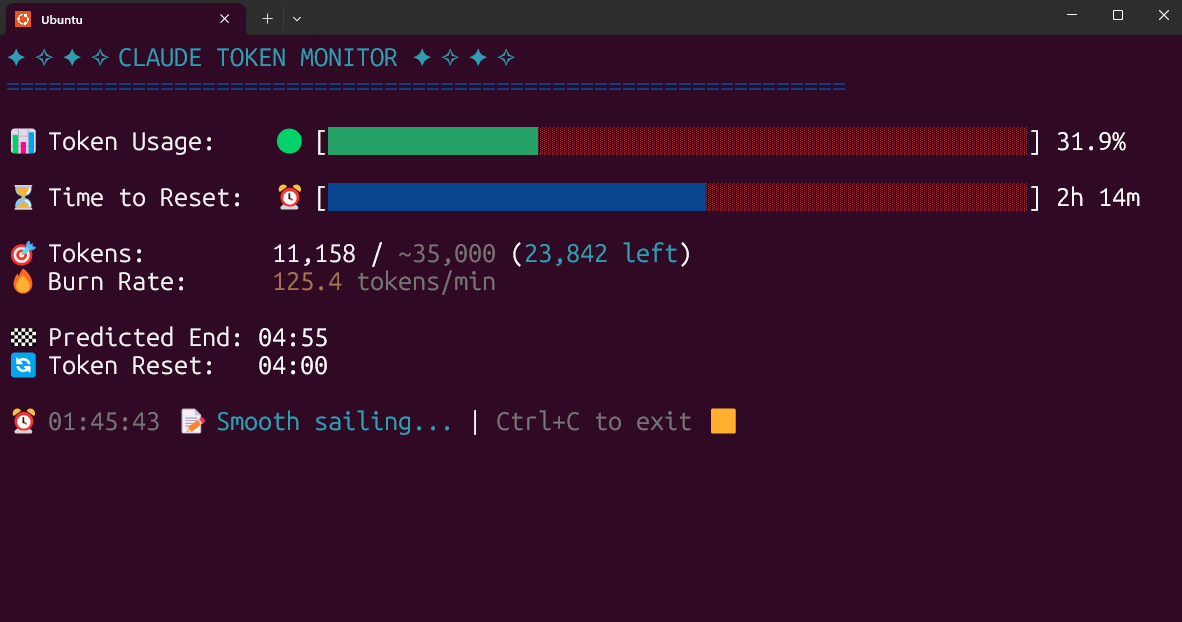Changelog News
Developer news flying at half-staff
Hello, again 👋
Mikeal Rogers, long-time Changelog friend & contributor, passed away this month from colon cancer. He was relentless in his support of us and our work. JS Party would have never existed without Mikeal. Neither would RFC. I’m so thankful that our lives intersected, if only for a brief while.
Mikeal died at 42 years young. My exact age today. Count your blessings, y’all. We aren’t guaranteed tomorrow. You should read his full obituary here.
Ok, let’s get into the news.
🎧 When vibe coding goes viral
J. Chris Anderson joins the show. You may recognize Chris from the early days of CouchDB and Couchbase. Back when the world was just waking up to NoSQL, Chris was at the center of it all, shaping how developers think about data distribution and offline-first architecture.
These days, Chris is working on Vibes.diy and Fireproof — tools that make one-shot app generation not only possible, but shareable within minutes. We talk about the origins of CouchDB, the fork that led to Membase and Couchbase, and how that long journey led to this new paradigm: Vibe Coding. 🎥 VIDEO
🚠 Coding agents have crossed a chasm
My recent experience aligns with David Singleton, who says:
Somewhere in the last few months, something fundamental shifted for me with autonomous AI coding agents. They’ve gone from a “hey this is pretty neat” curiosity to something I genuinely can’t imagine working without. Not in a hand-wavy, hype-cycle way, but in a very concrete “this is changing how I ship software” way.
I explained to Adam on Friends 98 that Claude Code feels like it’s delivering on the promises that AI hype-sters have been making ever since ChatGPT broke the internet in November of ‘22. I’m letting it code up many scripts/tools that didn’t cross my personal ROI threshold previously. David says the same:
For personal tools, I’ve completely shifted my approach. I don’t even look at the code anymore - I describe what I want to Claude Code, test the result, make some minor tweaks with the AI and if it’s not good enough, I start over with a slightly different initial prompt.
Yup!
🤏 The software engineering “squeeze”
Software Engineers have had it easy (high pay with relatively low entry difficulty) for many years, but the times certainly are a changin’. Anton Zaides is optimistic:
All those companies started by vibe-coders all around you? Many will succeed, and will need great engineers to scale up.
Some engineers understand this, and use the chance to skill up. To succeed, you’ll probably need all the skills of an engineer, some of a PM, and even a bit of design taste. It’s not just about shipping code anymore.
But if you work as a code monkey, getting detailed tickets and just shipping them, you’ve done this to yourself. You won’t be needed pretty soon.
Say it with me (for the umpteenth time): We have to move up the value chain. Just keep movin’ on up to avoid the squeeze.
🧞 What would a Kubernetes 2.0 look like
Mat Duggan has been working with K8s for 10+ years, and has a lot of good things to say about it, but the journey hasn’t been without problems.
Some common trends have emerged, where mistakes or misconfiguration arise from where Kubernetes isn’t opinionated enough. Even ten years on, we’re still seeing a lot of churn inside of ecosystem and people stepping on well-documented landmines.
So, knowing what he knows now, Mat asks and answers, “What could we do differently to make this great tool even more applicable to more people and problems?” Here’s the top-level of his thoughts.
- Ditch YAML for HCL
- Allow etcd swap-out
- A native package manager
- IPv6 by default
Click through for the skinny on each improvement. I’ll clip one last thought from Mat, because it’s a crucial point even if you aren’t a k8s person:
“defaults are the most powerful force in technology”
🌽 Coding agents are already commoditized
Sean Goedecke does a nice job elucidating another thought I’ve had while talking to various devs about coding agents and seeing so many orgs shipping their own lately: these things have no moat
There’s also no moat to the actual agent code. It turns out that “put the model in a loop with a ‘read file’ and ‘write file’ tool” is good enough to do basically anything you want.(I don’t know for sure that the closed-source options operate like this, but it’s an educated guess. In other words, the agent hackers in 2023 were correct, and the only reason they couldn’t build Claude Code then was that they were too early to get to use the really good models.
Sean says it’s a tough market to sell a better AI coding agent in, because open source solutions (like OpenAI’s Codex) are already very good. But that’s not even the point. The reason OpenAI wants you using Codex and Anthropic wants you using Claude Code and Google wants you using Gemini CLI and Sourcegraph wants you using Amp is not to sell you a better coding agent. It’s to sell you their tokens instead of you buying somebody else’s tokens. The challenge with that strategy is that it has a very small moat. Not no moat, mind you, but not much of one either.
✍️ Write to escape your default setting
Writing is hard. Painful, even. In the past, I’ve likened publishing an essay to birthing a child. They’re both laborious journeys mired in contractions, heavy breathing, and occasional screams.
My wife, who birthed six healthy children (!) on our behalf, finds the analogy lacking. She deserves to! I’d come up with a better one, but writing is hard.
I guess my point is, sometimes we need motivation to do hard things. If you need some reasons to write, this post’s for you:
At its best, writing (and reading) can expose the ugly, uncomfortable, or unrealistic parts of your thoughts. It can pluck out parasitic ideas burrowed so deeply that they imperceptibly steer your feelings and beliefs. Sometimes this uprooting will reveal that the lustrous potential of a new idea is a mirage, or that your understanding of someone’s motives was incomplete, maybe your own projected bullshit reflected back to you.
🎙️ Let’s build something phoenix.new
Our old friend Chris McCord, creator of Elixir’s Phoenix framework, tells us all about his new remote AI runtime for building Phoenix apps. Along the way, we vibe code one of my silly app ideas, calculate all the money we’re going to spend on these tools, and get existential about what it all means. 🎥 VIDEO
✌️ Open source has turned into two worlds
Chris Siebenmann, writing in reaction to the news that the sole maintainer of libxml2 will no longer be treating security issues any differently than bugs (src):
One thing this incident has crystallized for me is that I draw an increasingly sharp distinction between corporate use of open source software and people’s cooperative use of it.
📊 Git quick statistics
Any git repository may contain tons of information about commits, contributors, and files. Extracting this information is not always trivial, mostly because there are a gadzillion options to a gadzillion git commands - I don’t think there is a single person alive who knows them all. Probably not even Linus Torvalds himself :).
🎯 Claude Code Usage Monitor
A beautiful real-time terminal monitoring tool for Claude AI token usage. Track your token consumption, burn rate, and get predictions about when you’ll run out of tokens.
📐 Don’t forget your (un)ordered list
- Redis 8.0
- LibRedirect
- What’s new in PNG 3
- fang: The CLI starter kit
- Surviving code interviews
- A Heroku alternative built on K8s
- Full Text Search in the Age of MCP
- Snorting the AGI with Claude Code
- Why Claude Code feels like magic?
- Contra Ptacek’s terrible article on AI
- Open source payments infra on Stripe
- Windows is getting rid of the B(lue)SOD
- How to think about time in programming
- An opinionated Arch/Hyprland setup by DHH
- OpenCut: The open-source CapCut alternative
- Modern open-source fitness coaching platform
- Google Cloud donates A2A to Linux Foundation
- GenAI coding tools and agents do not work for me
- Google announces Gemini CLI: your open-source AI agent
- Save your disk, write files directly into RAM with /dev/shm
- Language design in the era of LLMs: A return to mediocrity?
- Now might be the best time to learn software development
- Use this to vet that installer script before piping it into bash
- OpenAI charges by the minute, so make the minutes shorter
That’s the news for now, but we have some great episodes coming up this week:
- Wednesday: Thorsten Ball on how to build a coding agent
- Friday: Jeff Cayley from Worldwide Cyclery
Have a great week (hard to believe this is issue 150) and I’ll talk to you again real soon. 💚
–Jerod


